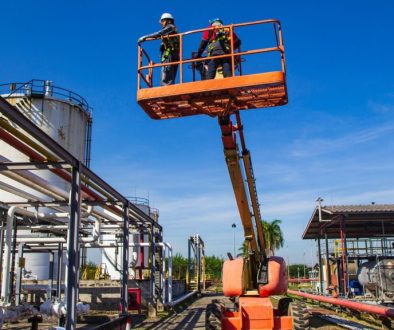This guide dives deep into common truck air conditioning problems, their causes, and how to fix them. We’ll also share preventative tips and a case study to highlight why proactive AC care is essential.
Common Truck AC Problems and Their Causes
Weak or Warm Airflow
When your AC blows weak or warm air, it’s often due to issues within the refrigerant system or airflow components.
- Possible Causes: Low refrigerant levels, a clogged cabin air filter, or a failing compressor.
- Example: A driver noticed warm air blowing from the vents despite setting the AC to maximum cool. The issue? A refrigerant leak caused by a worn-out hose. Replacing the hose and recharging the system restored cooling performance.
Strange Noises When AC is On
Unusual noises like squealing, grinding, or hissing can signal mechanical issues in the AC system.
- Possible Causes: A failing compressor clutch, worn-out belts, or debris in the blower motor.
- What to Do: If you hear hissing, it might indicate a refrigerant leak, while grinding could mean compressor damage. Address these issues promptly to prevent further damage.
Foul Odors from Vents
A musty or unpleasant smell when you turn on the AC usually means mold or bacteria are growing in the system.
- Possible Causes: Moisture buildup in the evaporator coil or a dirty cabin air filter.
- Solution: Clean or replace the air filter and consider a professional AC cleaning to eliminate odors.
AC System Fails to Turn On
If your AC doesn’t start, it’s often linked to electrical issues or system malfunctions.
- Possible Causes: Blown fuses, faulty wiring, or a failing thermostat.
- Example: One truck’s AC wouldn’t start due to a blown fuse caused by a short circuit. After replacing the fuse and fixing the wiring, the system worked flawlessly.
Key Components of a Truck’s AC System
1. Compressor
The compressor is the heart of your AC system, responsible for pressurizing refrigerant and circulating it through the system.
- Common Issues: Leaks, clutch failure, or internal wear can reduce efficiency or stop the system entirely.
2. Condenser
The condenser cools the refrigerant by releasing heat. It’s typically located in front of the radiator.
- Common Issues: Blockages, leaks, or damage from debris can reduce its effectiveness.
3. Evaporator
Located inside the cabin, the evaporator absorbs heat from the air, cooling it before it’s blown through the vents.
- Common Issues: Mold, debris buildup, or leaks can reduce cooling performance.
4. Expansion Valve or Orifice Tube
This component regulates the flow of refrigerant into the evaporator.
- Common Issues: Blockages or valve failure can lead to inconsistent cooling.
Preventative Maintenance for Truck AC Systems
- Regular Inspections: Check refrigerant levels, belts, and hoses every few months to catch issues early.
- Replace Filters: Change the cabin air filter at least once a year or more often in dusty conditions.
- Clean the Condenser: Use compressed air to clear debris from the condenser to maintain efficient cooling.
- Run the AC Frequently: Even in winter, running the AC for a few minutes helps keep seals lubricated and prevents system degradation.
FAQs
- Why is my truck’s AC blowing warm air? Warm air often indicates low refrigerant levels, a leak, or a failing compressor.
- How often should I service my truck’s AC system? It’s best to inspect the AC system annually, especially before summer.
- Can I recharge my truck’s AC system myself? While DIY kits are available, it’s recommended to have a professional handle refrigerant recharges to avoid overfilling or damaging the system.
- What causes strange odors in my truck’s AC? Odors are usually caused by mold or bacteria in the evaporator coil or a dirty cabin air filter.
- How do I know if my AC compressor is failing? Signs of a failing compressor include unusual noises, weak airflow, and the clutch not engaging.
Stay Cool and Comfortable on the Road
Your truck’s air conditioning system does more than keep you comfortable—it’s a vital part of your overall driving experience. Addressing AC issues early prevents larger problems, saves money, and ensures you’re not left sweating during a long drive. Make AC maintenance a regular part of your truck care routine. When in doubt, consult a trusted mechanic to diagnose and fix the problem.




